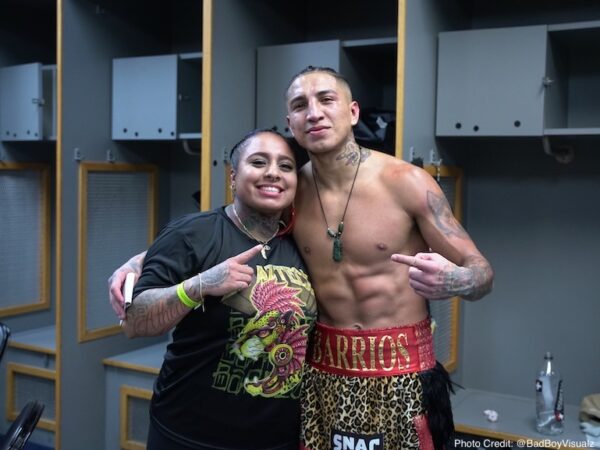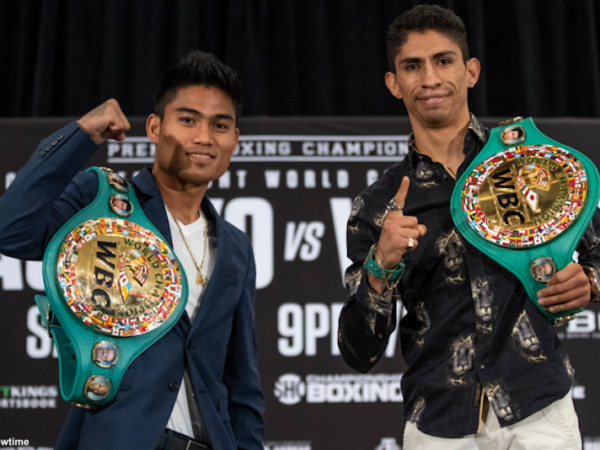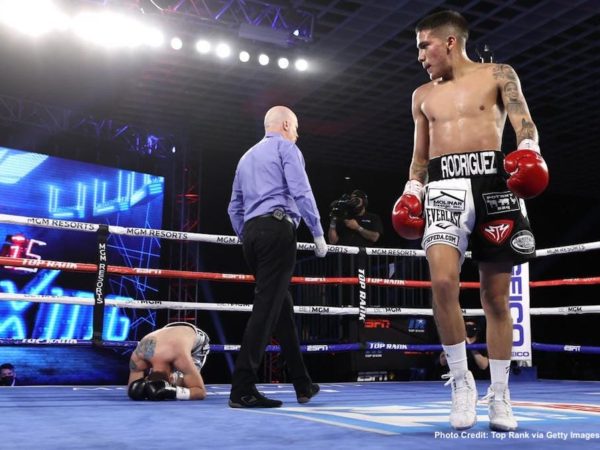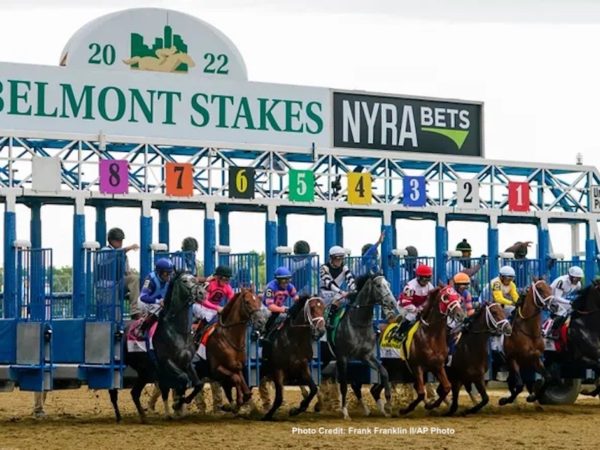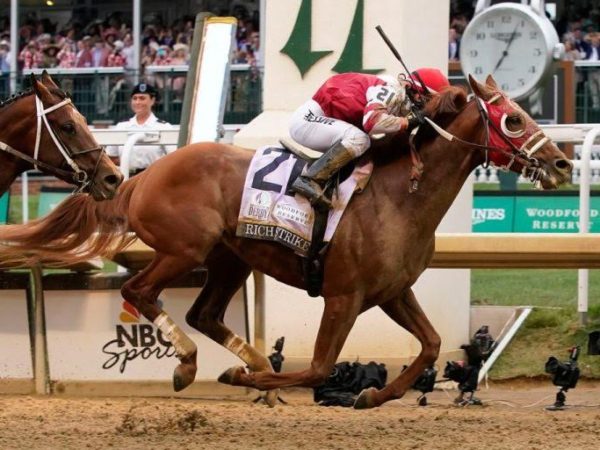You may not know the rich history of African-American jockeys who once dominated the horse racing track during the 1800s and early 1900s. During this time, it was normal to find African-Americans working at racing stables as riders, grooms, trainers, and stable hands. Many of these men became skilled horsemen, and later, jockeys.
In the very first Kentucky Derby, run in 1875, fifteen of the seventeen jockeys were African-American. The Derby was won fifteen times over the next two decades by African-American riders.
One of the best of those early jockeys was Isaac Burns Murphy. He was born in 1861 in Fayette County, Kentucky. His father joined the Union Army and died in service when Isaac was only a small child. His mother moved into her father’s grand house in Lexington where she worked as a laundress. One of her customers would come by and take little Isaac to the racing stable he owned, and put the boy to work exercising the horses. The stable trainer, Eli Jordon, taught Isaac to break yearling horses and, in 1875, put Isaac on his first mount. He was only 14 at the time. He lost. But one year later, he was winning with ease and his name and reputation were spreading.
Murphy’s career as a jockey really took off in 1877 at a race in Saratoga. He won handily and showed he had a great eye for the sport and a cool and steady hand. Murphy did not use the whip on his horses. He preferred to whisper to them, to urge them to run faster…and it worked. By 1887, he was commanding a nice first call fee of $12,000 and competed for the larger purse races of his time. He was also one of the first jockeys to charge down the home stretch in what is now called a “grandstand finish.”
Murphy eventually married and bought his own house in racing country, Lexington. He loved living the life of wealth and social status. Eventually, he even started his own small stable. But as with many jockeys, the pressure of keeping his weight down was tremendous. Normally, he weighed about 135 pounds or so, but for racing season he had to get down to about 110. A bit later, the weight limit was raised to about 122, but it still proved challenging for many jockeys, including Murphy.
To get to race weight, he began “flipping”, forcing himself to vomit after eating. He would easily make weight, but his overall health began to suffer. By the mid-1890s, his weight was high, and he was fighting alcoholism.
One of his most disputed races was an 1890 rematch race against a white jockey named Snapper Garrison, who, in an earlier race, rode a horse named Tenny. Tenny’s owner claimed his horse lost from interference by Murphy’s horse, Salvator. The rematch was called the “black vs. white” race by the press, and interest was overwhelming. Garrison was huge and favored using the whip. Murphy was small and whispered to his horses. Garrison crouched over his mount. Murphy sat upright in the seat. The race was so tight, it resulted in a photo finish, with Murphy and Salvator winning. Sadly, at another big race shortly after that, Murphy was suspended, and accused of riding drunk.
He had another great year, filled with wins, but again was suspended for riding drunk. Many of his fellow jockeys and supporters pointed to his extremely low body weight, which meant a much lower tolerance to any alcohol. He began getting less offers to ride, and eventually rode his last race in 1895 at Lexington.
He died of heart failure with pneumonia in 1896 and was buried in an unmarked grave, until 1967, when he was reinterred at the old Man O’ War burial site in Lexington. Man O’War is still considered the greatest racehorse that ever lived, so this was only fitting that Murphy was buried close by. His remains were then moved one more time when the Kentucky Horse Park was being built. Once again he was laid to final rest near the Man O’ War entrance to the park. His funeral was quoted by the New York Times as, “The largest funeral ever seen here over a colored person…” It was a long procession with prominent racing jockeys and sportsmen participating from all over the country.
Isaac Burns Murphy was the first African-American jockey inducted into the National Museum of Racing Hall of Fame. His record is still considered outstanding, which includes riding in eleven Kentucky Derbys and winning three of them. He also won four Chicago American Derby races, considered the most prestigious race of the times. Some race statisticians claim he won over 34% of his rides, a truly impressive feat.
Eventually, white jockeys began to dominate the racing world, and today, a vast majority of jockeys are now of Hispanic heritage. But when racing was young and emerging as the sport of Kings, the African-American jockeys like Isaac Burns Murphy were the princes in the saddle, riding their mounts to victory after victory.

